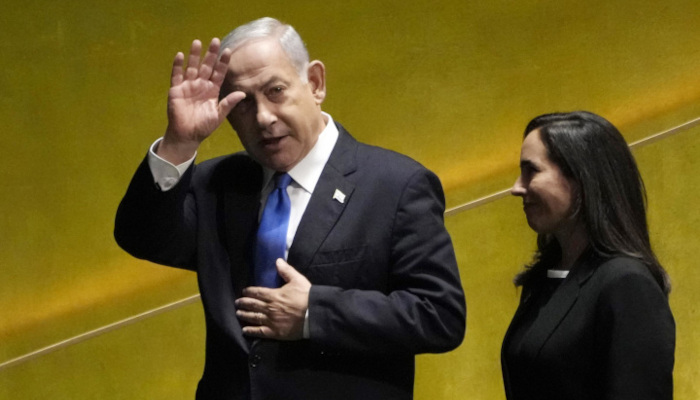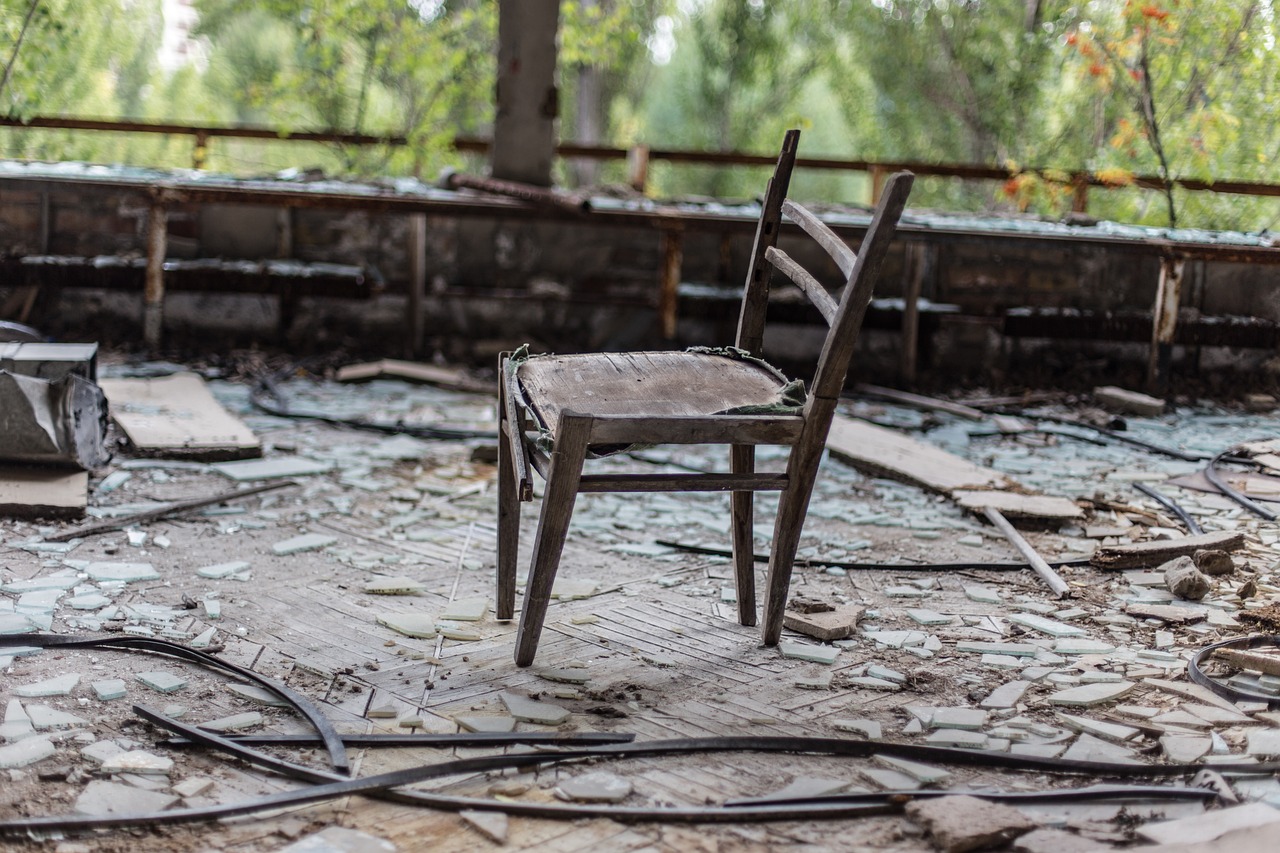
Israel has warned the population of northern Gaza, some 1.1 million people, to move south as the army, the IDF, prepares to enter. Hamas may stop the move to show proof of local support and use its own people as human shields in the forthcoming offensive. Hamas may be proudly spreading the recordings of the gory killings of the Israeli hostages. In the next few days, horror and blood will jumble and numb the senses; it is crucial to think beyond the battle.
Back to the fragile Middle East
In an old article,[1] I argued that peace in Israel would hold as long as external elements held. But the war in Ukraine, the China-brokered Saudi-Iran deal, and the launch of the India-Saudi-Israel corridor changed the environment. Like during the Cold War, the Middle East became once again the battlefield of competing political ambitions, which thus played up and exploited local rivalries.
In this, Israeli Prime Minister Benjamin Netanyahu split domestic unity by pursuing very controversial judicial reforms. Hamas just stepped right into this.
Therefore, now Israel is in an existential crisis, besides whatever happens to Hamas.
Netanyahu had organized a complex paradigm for the country’s future and management of the Palestinians.
In a rough, blunt nutshell, it was: «I crush Palestinian moderates and create a vacuum around Hamas, which becomes my only counterpart. I establish special ties with Russian President Vladimir Putin, who sends me Russian ultra-orthodox immigrants to vote for me. To them, I give the lands of moderate Palestinians, thus encouraging radicalization toward Hamas. Still, I control Hamas because of Putin, who commands them through Syria, and because Hamas leaders are corrupt creatures whom I reinforce in their power. In return, Putin has a special relationship with our advanced finance and technologies and channels special contacts with the US through us».
The balance was unfair, but cynically, it could work. The fatal flaw was trusting Hamas and Putin, who are untrustworthy.
The paradigm thus cracked with the war in Ukraine. Putin was inattentive, and perhaps his control over Syria was slipping; Syria was possibly slipping in its control over Hamas. Or maybe, simply, the war in Ukraine changed the general calculus.
Russia, in trouble in Ukraine, has an objective interest in opening another front that distracts Western support from Kyiv. Meanwhile, given the overall economic and technological blockade around Moscow, Israel’s services in the war had dwindled.
But the whole of Netanyahu’s game had produced a lasting element. Assuming a stable domestic solution to the Palestinian issue, Israel and neighboring countries built a network of new relationships that improved the region. Few neighbors (or, rather, their autocratic leadership) want to reverse this improvement.
The problem is that the Arab population suffers from the social differences they see in their countries and projects (or is driven to project) this suffering as hatred of Israel.
In such a fragile situation, Netanyahu first split the country with a controversial judicial reform. He then trusted his old paradigm as if it should not be subject to the shocks of the times and domestic and international tensions.
Conceivably, this baggage blinded Israeli leaders about Hamas.
Between paradigms
Now Israel finds itself without the old paradigm, without a new one, and with its regional friends (the autocrats) threatened by suffering populations and fierce radical minorities.
Still, what is Hamas’s endgame in the attack when the Israeli retaliation was a foregone conclusion? Perhaps opening a negotiation with Israel through Saudi Arabia, says Edward Luttwak,[2] drawing a comparison with the war 50 years ago, when Sadat’s Egypt struck Israel by surprise, knowing well that he would lose the war.
Sadat’s endgame was to get a peace deal with Israel through the United States. Hamas may have a similar goal, calling on the Saudis to broker a deal with Israel.
But Hamas is a very different beast from Sadat. If Hamas gets a deal with Israel, it will have won a major political war and delegitimized other Palestinian and Arab organizations. Does Hamas want peace? And what peace? Its leaders call for a holy war and the global spread of extremist Islam. It may be a ruse, but most likely, it is real. Sadat’s deal planted the seed of a long-lasting peace; a Hamas’ deal could sow the germs of future larger wars.
What is or can be Israel’s endgame?
Indeed, cutting off the Hamas threat may be the first step to regain some breathing space.
Still, before moving its hands, Israel might want to move its head, reweave the whole regional picture, reinvent how to live with the Palestinians it has at home, reward the moderates, and punish only the extremists.
It’s challenging and delicate because it changes the domestic voting balance where ultra-orthodox have gained a larger voice. Some of them see politics from the narrow lens of their interpretation of the Torah, which runs against the wishes of the secular part of the country. Here, Israel’s survival and the region’s peace and development are at stake.
[1] http://www.settimananews.it/informazione-internazionale/clashes-no-peace-the-middle-east/
[2] https://unherd.com/2023/10/gaza-hamas-wants-israel-to-invade/









